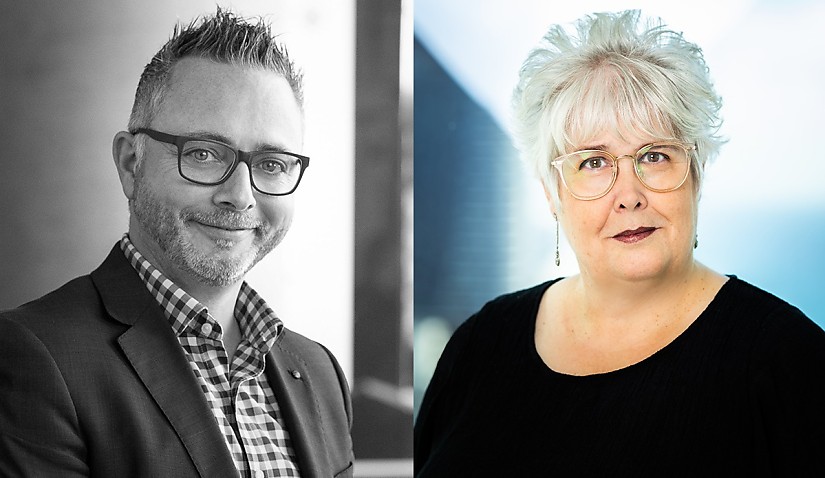Powered by MOMENTUM MEDIA
The need for mediation across multiple practice areas has grown considerably post-pandemic. Here, two experts share how practitioners can go about upskilling and gaining accreditation.

In a recent episode of The Lawyers Weekly Show, Mediator Standards Board deputy chair Stephen Dickinson and treasurer Linda Kochanski (both pictured) discussed the importance of upskilling in mediation in the current market.
“I was involved in mediation back in 1993 … it wasn’t really seen as something that the legal profession would embrace. However, since that time, it has found its way into all forms of dispute resolution, and that’s from the commercial sector right through to family to wills and estates to all kinds of areas.
“It’s been embraced by the legal profession, particularly over the last few years, because they see the benefits not just for their clients, but for the actual systems they’re working in. And so, [while] mediation has always been there, it’s finding its feet now as a profession.”
Mr Dickinson said demand for mediation is only set to grow in the Australian market, prompting many lawyers to become accredited.
“I think practitioners in the community now appreciate that less than 2 per cent of matters which find their way into the court system are actually resolved at trial, determined by a judge, magistrate or similar,” he said.
“It is, therefore, important not only to focus on the relief that’s available through the court system but also really what’s informing parties’ decision making in conflict and what their interests are and what their primary objectives are, which is something that mediation encourages, unlike trial advocacy, unlike litigation.
“I think the profession now understands it and also appreciates that it requires a different approach to dispute resolution and different skills. Hence, the importance of understanding what mediation involves as a process.”
Lawyers have a duty to focus on what’s going to be in the best interests of a client, Mr Dickinson flagged, who explained how mediation can often be the most appropriate way forward in many circumstances.
“Rather than focusing solely on relief that’s available through the court system, it is a lawyer’s duty to focus on what are the interests of their clients, which can be broader than their legal arguments, their legal entitlements and relief available through the court system,” he said.
“[Consider] what’s informing their decision making, what is their end goal – mediation is a process [that] encourages those considerations. So, lawyers should, in my mind, have a good understanding of mediation as a process, what it involves, and ideally, complete some training.
“The current review of the standards, which we’re releasing as a board, involves a certificate of training for those who don’t necessarily wish to become accredited mediators but can complete mediation training in order to understand actually what the process involves and what can be achieved if it’s delivered properly.”
Ms Kochanski said that while there are many ways lawyers can go about becoming accredited, she implored people to choose what’s going to be the most suitable option for their personal circumstances.
“Because there is such a wide range of training options, I know for a lot of lawyers, it’s hard to take complete blocks of time out because of work commitments,” she said.
“The best thing to do is to look on the Mediator Standards Board and look at our calendar hub about all the different trainings that are offered. They’re all required to meet the standards, but they’re all offered in different ways. Some are intensive, some are done and blended online, some are face-to-face.
“There’s something for everyone. It can be done over a university degree, university course, or it can be done in five or six days. So, it’s looking at that and then looking at the kind of area you want. There’s some that are more catered to the commercial sector, some that are a bit broader to a general sector.”
NB: This transcript has been edited slightly for publishing purposes. You can listen to the full episode here:
We're evolving — and so should your insights. Heads up — Lawyers Weekly is going premium from 1 May for just $5 a month. Stay informed without missing a beat. More information coming soon.